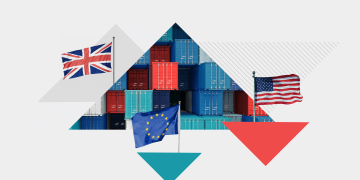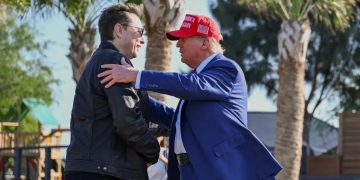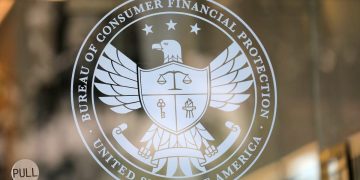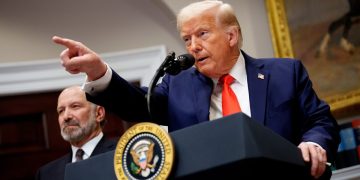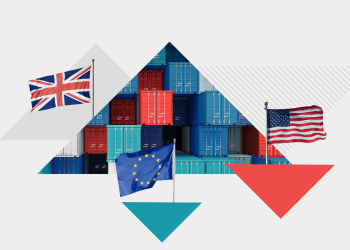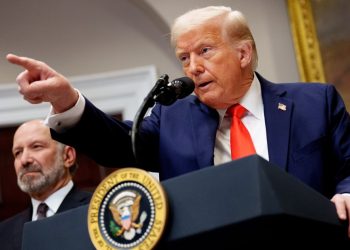Editor’s note: Morning Money is a free version of POLITICO Pro Financial Services morning newsletter, which is delivered to our subscribers each morning at 5:15 a.m. The POLITICO Pro platform combines the news you need with tools you can use to take action on the day’s biggest stories. Act on the news with POLITICO Pro.
The global economy is hurtling toward a cliff. For the first time in recent memory, the U.S. isn’t in a position to manage a response.
Surging inflation, Russia’s invasion of Ukraine, Europe’s looming energy crisis and a rudderless U.K. government are just a few components of the Rubik’s Cube of calamities that central banks and governments face as they try to avoid painful recessions.
While a “sense of dread” surrounded last week’s IMF-World Bank meetings in Washington, our Kate Davidson and Victoria Guida report that the U.S. is struggling to mount a coordinated response. The problem is that the U.S., like other nations, is largely focused on trying to contain domestic crises. The Federal Reserve is at the forefront, as it ratchets up interest rates and fuels recession risks in a bid to control rising prices, putting pressure on economies around the world.
“At the end of the day, a lot of the national policies are on their own course,” said Mark Sobel, U.S. chair of the Official Monetary and Financial Institutions Forum and a former Treasury official. “The Fed is going to do what the Fed is going to do, and the Europeans are…

